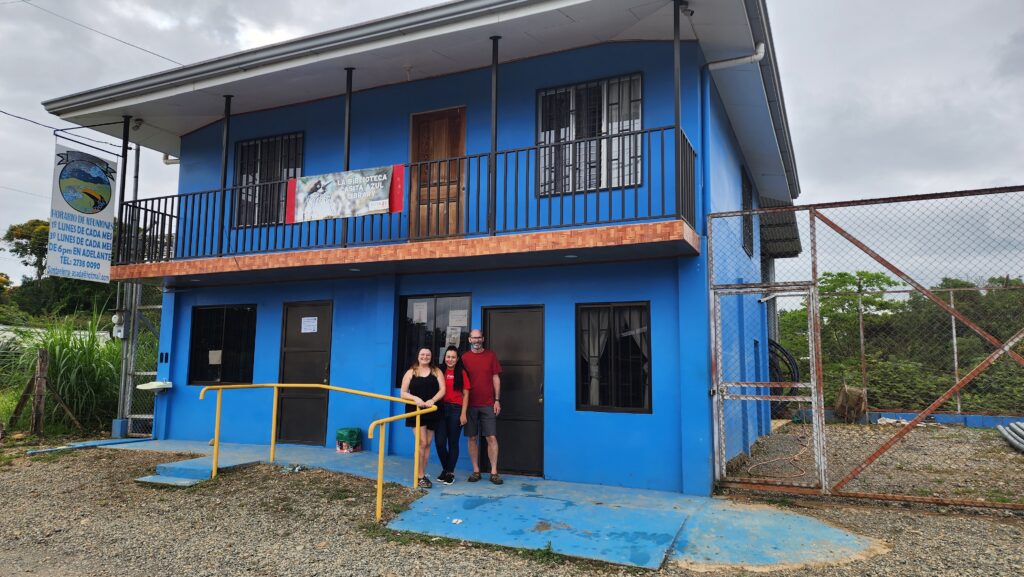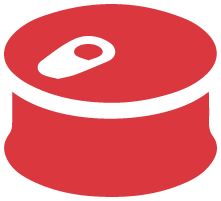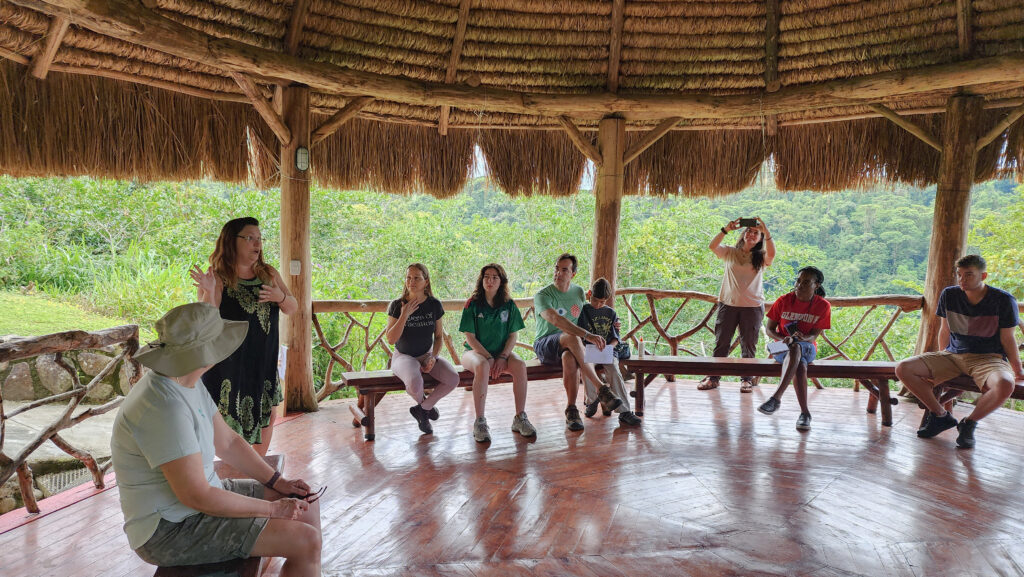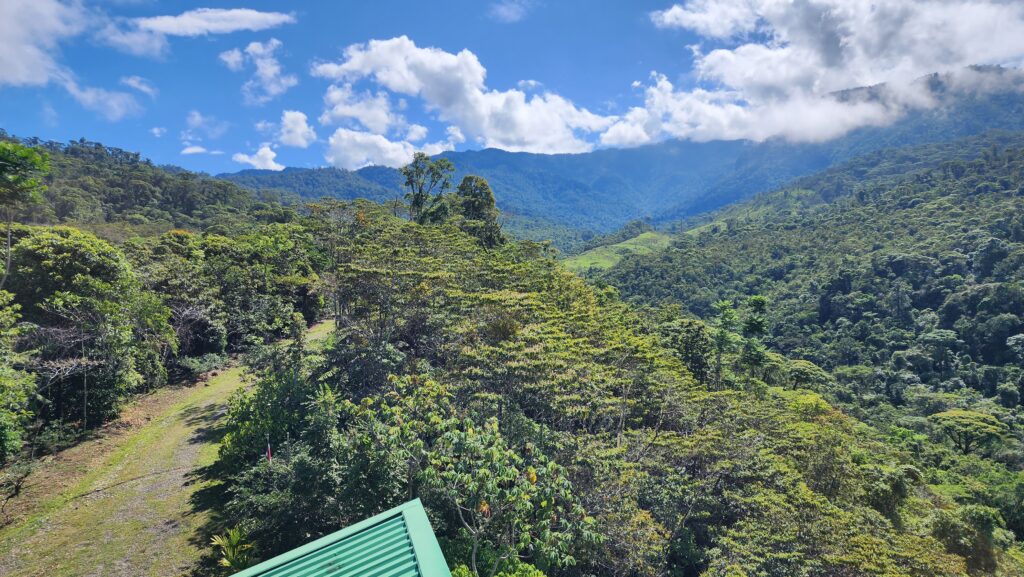Life on Land
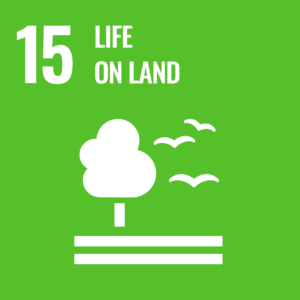
A flourishing life on land is the foundation for our life on this planet.
Protect, restore and promote sustainable use of terrestrial ecosystems, sustainably manage forests, combat desertification, land degradation and halt biodiversity loss. We are all part of the planet’s ecosystem and we have caused severe damage to it through deforestation, loss of natural habitats and land degradation. Goal 15 is about promoting a sustainable use of our ecosystems and preserving biodiversity, which is the key to our own survival.
Stories
Part of York University's Las Nubes Project, YUL's La Casita Azul library is an education and learning resource centre that supports York’s increasing socio-environmental research, education and community outreach within Costa Rica. Situated in the midst of the local communities in Costa Rica, La Casita Azul supports and enhances York’s Eco-Campus in Costa Rica while playing an important role in research intensification, knowledge mobilization, community engagement, citizen science, research dissemination, engagement and outreach while offering access to the online and print resources and educational programs.
Casita Azul: Advancing Socio-environmental Research, Reciprocal Education and Community Outreach Within Costa Rica
Casita Azul's Mission
- Cultivate a collaborative environment and engaged partnership that meets the needs and desires of the local communities of the Alexander Skutch Biological Corridor (ASBC), Costa Rica and advances York’s curricular and research objectives within Las Nubes Project and Semester Abroad frameworks
Situated amid small South-West communities in Costa Rica, Casita Azul opened in 2015 to the local community and in 2016 for York students. As part of the Las Nubes EcoCampus, our library space, Casita Azul, supports and contributes to the 2030 Agenda for Sustainable Development and its Sustainable Development Goals (SDGs). Focusing on life on land, SDG 15.1 aims to conserve, restore, and ensure sustainable use of terrestrial and inland freshwater ecosystems. To do our part, Casita Azul partners with local organizations such as bird sanctuary, Los Cusingos, and water management organization, ASADA, to advance conservation, restoration, recycling, and sustainability education projects within local communities. York University Libraries have organized over 10 campaigns within our ongoing recycling project, in partnership with @refugiodeavesloscusingos, where we have thus far recycled approximately 2,000 kg of metal, cardboard, plastic bottles and paper and 6,000 kg of glass!
Our recycling campaigns involved people from the Municipality of Pérez, team supported by Los Cusingos and Asada Santa Elena De Pérez Zeledón.
By the numbers 2021:
IN 2022, York University Libraries had our second recycling campaign involving participants of the various communities of the Alexander Skutch Biological Corridor. Our recycling campaigns involved people from the Municipality of Pérez, a team supported by Los Cusingos and Asada Santa Elena.
Facts
La Casita Azul partners with local organizations such as the Los Cusingos Bird Sanctuary and ASADA (water management organization) to advance conservation, restoration, recycling and sustainability educative projects within the local communities. One such program involves organizing community members and participating in recycling campaigns. As part of this ongoing project, 10 campaigns have been organized to recycle approximately 2,000 kg of metal, cardboard, plastic bottles and paper and 6,000Kg of glass.

